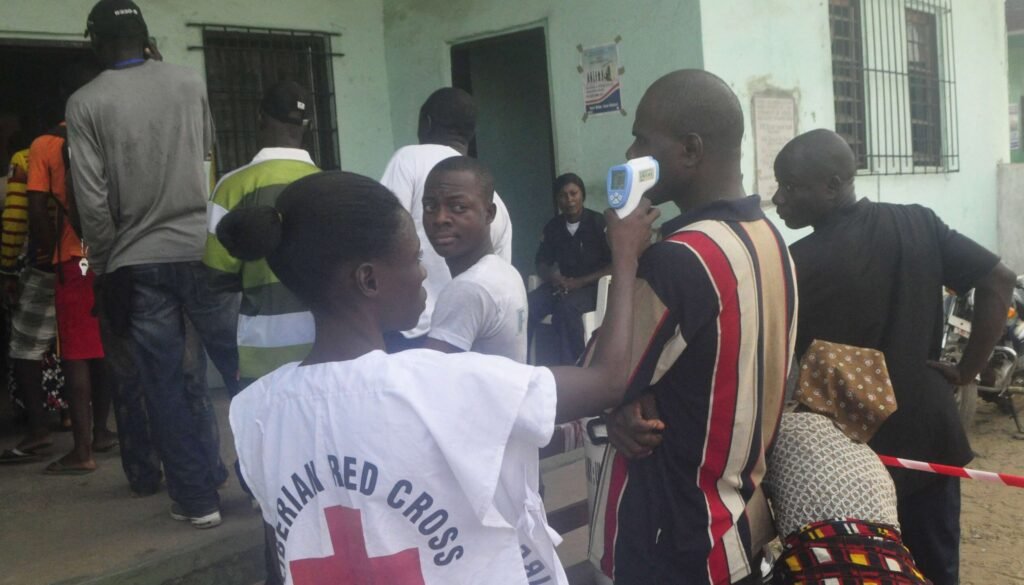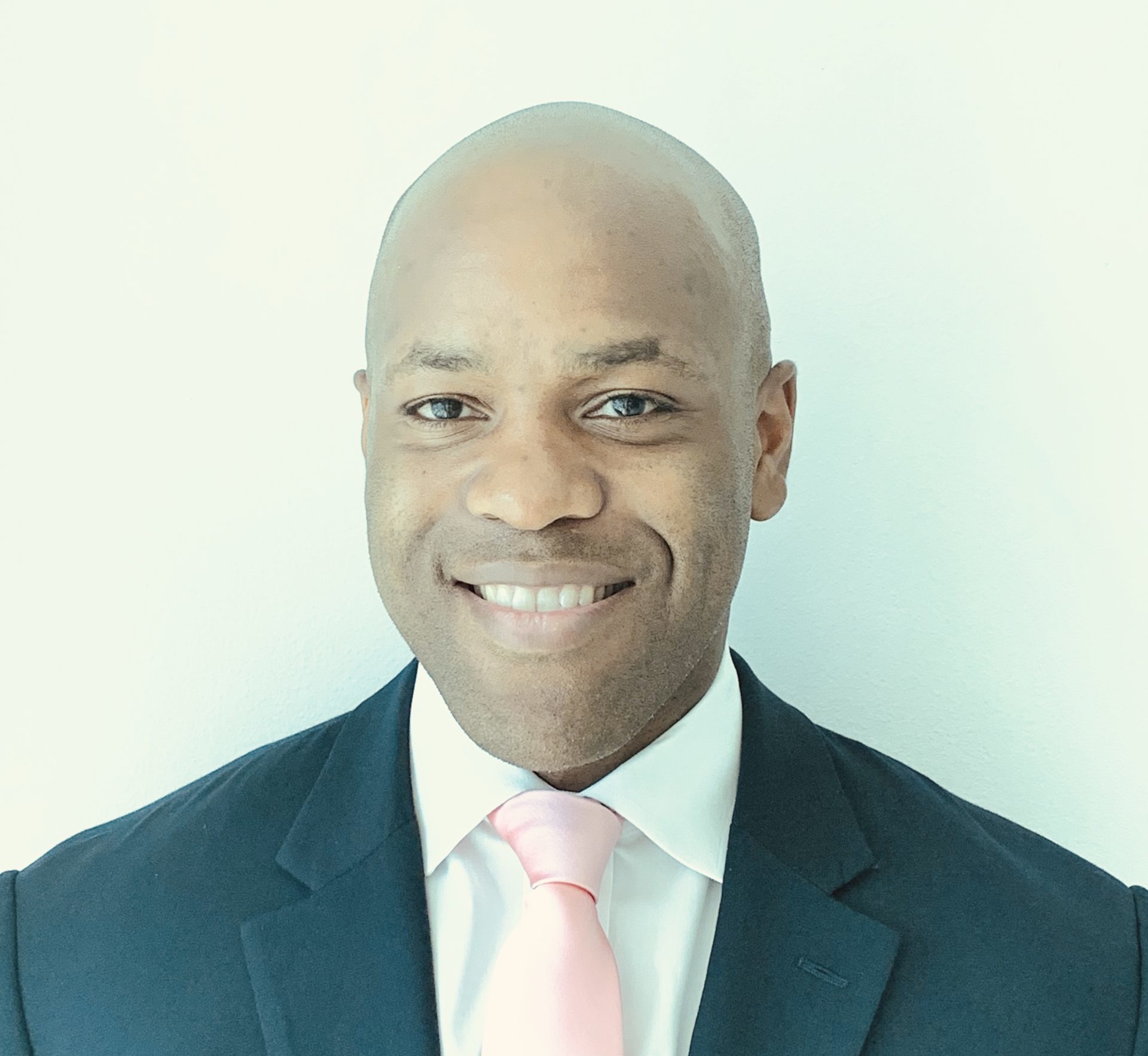
This originally appeared on TheAfricaReport.com
American President Donald Trump explicitly floated the idea of delaying November’s presidential election by way of a tweet on 30 of July.
It did not take long for a barrage of both congressional Democrats and Republicans to publicly rebuke his suggestion.
First, Trump does not have the legal authority to move the date because the power to set the date for voting constitutionally sits with Congress.
Secondly, and more importantly, the automatic and stern responses that erupted from all political sides spoke to how election timelines and processes have been built into the country’s DNA.
While there is room for improvement in the process (i.e., increased mail-in voting), there is little doubt about the recognition of its importance to governance and peace. Although difficult at times to maintain in the midst of a pandemic, the people have a right to an election to decide on the future of their country.
So the big question remains: if America can do it, why can’t African states do it too?
Elections across the continent
This year was supposed to be a busy year for elections across Africa…and many countries have kept their end of the bargain.
For example, Togo held its elections in February before cases of coronavirus started spiking in Africa. Guinea and Mali held their elections in March and April while Burundi and Malawi held their elections in May and June respectively.
But, as this pandemic endures and the number of cases increase, there is a changing perspective on the process as more leaders cite spikes in infection and the unavoidable crowding at polling stations as reasons to postpone elections.
Different reality across Africa
The reality for many African countries is not the same as the United States.
First, the balancing act is more arduous with significantly less funds. The decision to postpone or cancel polls, becomes a question of what resources are available for an election after spending to mitigate the virus.
Or, cynically translated, leaders are forced to decide whether spending on an election is more pressing than spending to fight the social and health effects of the pandemic.
It is also easy to understand why spending to support the economy in the short-term can outweigh spending for an election where voters are increasingly without work, money, and opportunities from this pandemic and looking for someone to blame; generally the governing party can assume it will take the the brunt of that blame.
Secondly, having an election during a pandemic requires significantly more transparency to satisfy the public.
Or in other words, there is always a presumption (albeit unfair) that the pandemic and polls can be used to the advantage of the governing party.
Trump is facing similar allegations with mail-in voting, the post office, and so on. He, however, operates within a system that has significant oversight from governmental agencies and a proactive free press with a long history of forcing fairness and questioning irregularities in the process (i.e. Watergate).
This is not necessarily the same setup for others, particularly across Africa, where spending for agencies let alone civil servants remains limited.
Still, despite the criticisms, the continent has some demonstrable experience from Ebola.
Liberia held legislative elections in 2014 with voters maintaining physical distance, washing hands, and having their temperature taken.
This all sounds eerily similar to today. Most reports suggested a satisfied Liberian population with the handling of that election. And, with little financial resources, Liberia’s main advantage was it began planning early and communicating often with the public…sadly sometimes easier said than done in many democracies.
Ethiopia and Cote d’Ivoire timelines
Ethiopia
Back in March, Prime Minister Abiy Ahmed postponed parliamentary elections scheduled for 29 of August. Then, a couple months later, the government decided to postpone the election until 2021.
The decision to postpone the election provoked accusations that Abiy is using the COVID-19 pandemic to keep power beyond his constitutionally mandated time, which terminates at the end of September.
The federal government accordingly faces a constitutional crisis with limited options for addressing it. A growing number of protests across the country coupled with long internet outages have not helped the storyline.
Furthermore, the Ethiopian election was largely being viewed as a test of the reformist platform of Abiy, especially considering the polls would have been the country’s first true democratic election in 15 years.
Previous elections in the country have been soiled with allegations of intimidation and voter rigging. Abiy had promised free and fair elections as part of his liberalisation and reform agenda.
But, with different regional and ethnic factions chiming in with opposition to the delay or critique on the process for debating a path forward, the Ethiopian government appears prepared to test the structure of its parliamentary democracy by relying on input and opinions from the Council of Constitutional Inquiry, which in theory is independent but, as in any democracy, is merely an advisory body to the parliament which is controlled by the ruling party.
The weight of such a historic decision would be a lot for a relatively old (but ageless) democracy let alone a young but maturing one.
Côte d’Ivoire
Election observers in Africa are also closing watching the election in Côte d’Ivoire. The opposition recently called for a postponement on the upcoming elections in October, citing the need for a “credible electoral commission”.
The sceptical view of the request is that any delay is likely tied to each party’s belief in its ability to angle or influence the election during a delay. Many political analysts believe the opposition sees an opportunity to challenge President Alassane Ouattara who is now seeking a third term after the unexpected death of Prime Minister Amadou Gon Coulibaly. Coulibaly was a popular figure generally viewed as Ouattara’s successor.
As the protests grow across the country, the opposition will call for a postponement of polls that extends the time frame for the field of candidates seeking the presidency. Ouattara surely has not forgotten 2011 when then President Laurent Gbagbo had to be physically forced out of office after losing the election…this type of scenario is often what adds more fuel to an already simmering fire in the country.
Rematch in Ghana
People are also watching Ghana where a rematch between President Nana Akufo-Addo and ex-President John Mahama is sure to be competitive. The lack of discussion about delays of elections and quick dismissal of fake news posts on poll delays may signify how strong this democracy has become.
A postponement without a fair and honest plan would likely be the end of the current administration because Ghanaians would have little patience for a misuse or abuse of their election process.
The current administration is already planning how to ensure safe elections. Time is on the country’s side and officials appear to be better utilising the time for preparation, taking notes from Liberia’s playbook in 2014.
At the end of the day, Ghana may accordingly ride under the radar with its election…which is what we would hope for any mature democracy.
Bottom line
The reality of elections is they are the parent of politics: election boards and commissions are expected to act like parents and control the inherent bias and self-interested nature of the ‘kids’ vying for control of the house.
Election validity and authority in a society is built through consistent, legitimate election results and subsequent peaceful transfers of power. But the sad truth for some states is that power and validity of elections is not omnipresent, thus elections could potentially become another victim of COVID-19.
